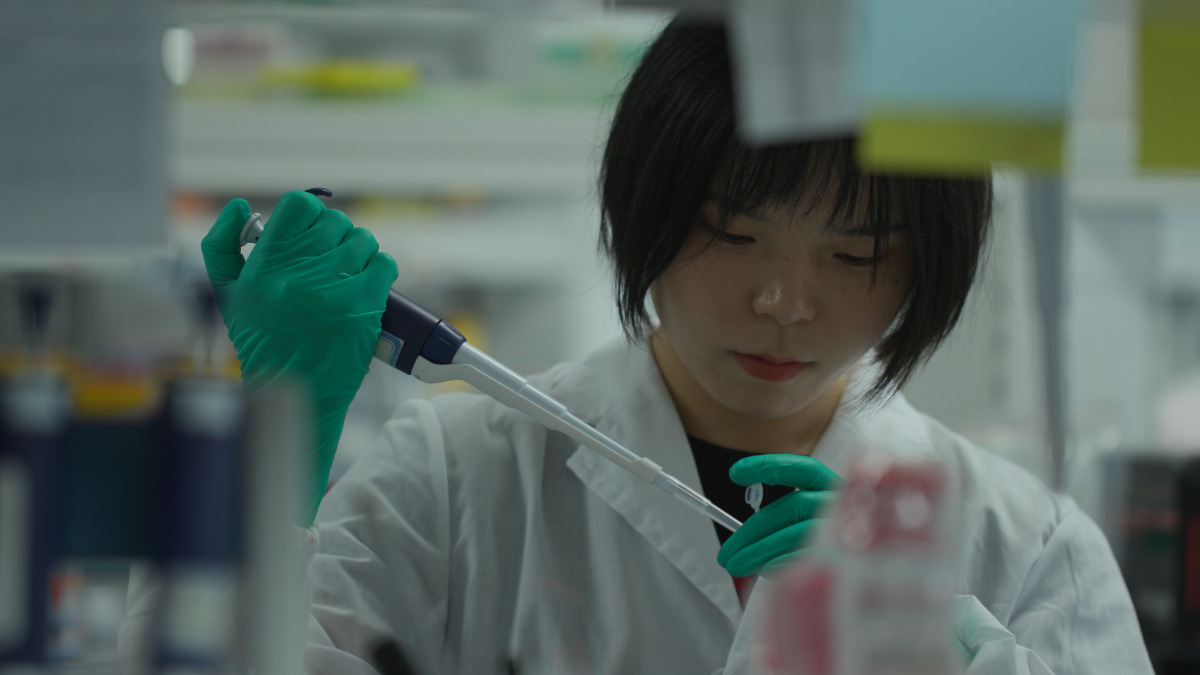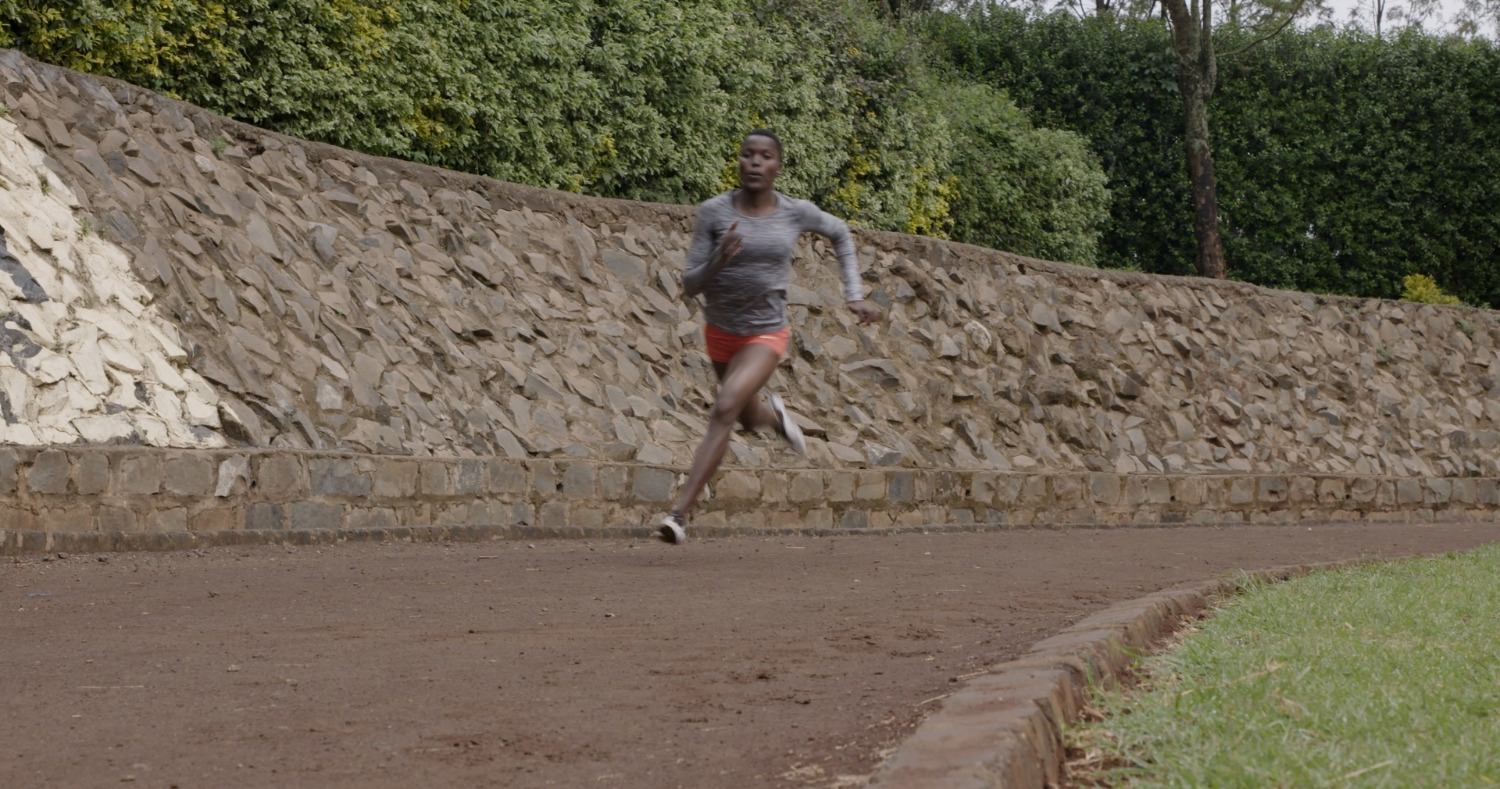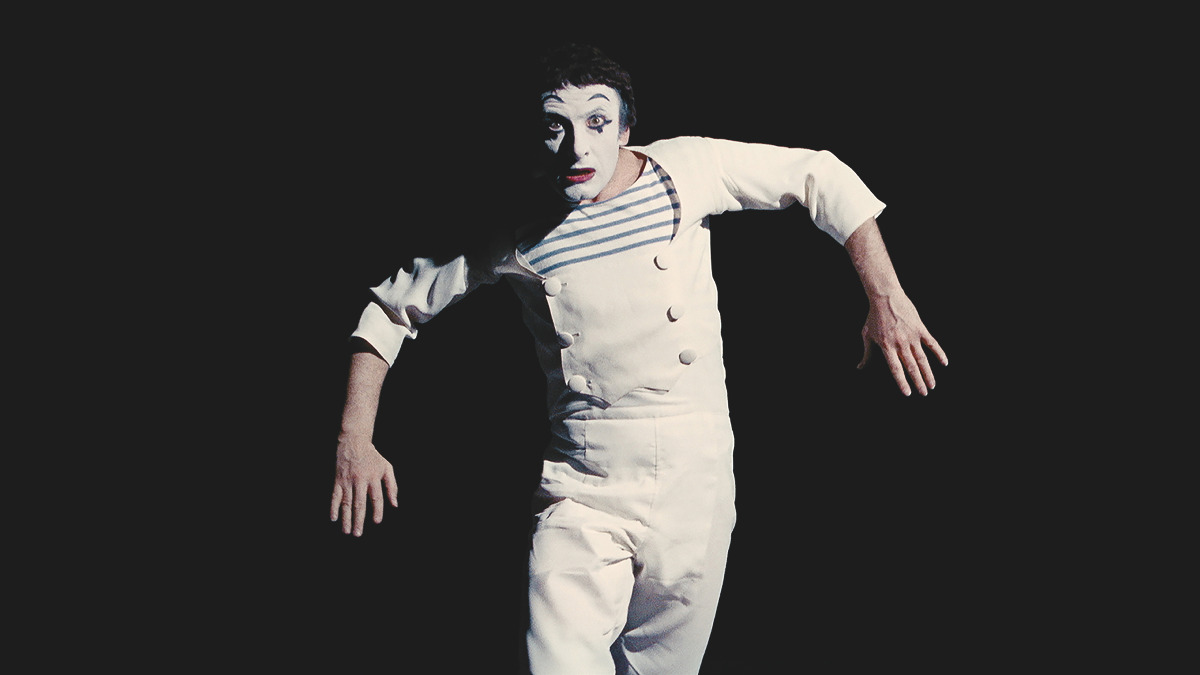Make People Better
(USA, 83 min.)
Dir. Cody Sheehy
Program: Special Presentations (World Premiere)
In 2018, Chinese scientist Dr. He Jiankui (aka. JK) became the first individual to produce genome-edited babies. The twins, named Lulu and Nana, were an instant marvel on several fronts, most notably being born resistant to HIV, while furthering the realm of possibility of what could be achieved through science. Unfortunately for Dr. He, the public was not as amazed by his achievements as his peers. The blowback was so fierce that the Chinese government condemned his actions and took him into custody. JK was not the only one to disappear from the public eye though: the twins were hidden away as well.
While the arrest of the “rogue” scientist, as the media dubbed him, allowed China to proclaim their innocence in the court of public opinion, it is nearly impossible for someone to make such a giant scientific breakthrough on their own. In Make People Better director Cody Sheehy ponders whether JK was really the mad scientist the media made him out to be, or merely a scapegoat for others in the scientific community. Unfolding like a thriller, the film makes a convincing case for the latter. In speaking with Ben Hurlbut, Associate Professor in the School of Life Sciences at Arizona State University, and Antonio Regalado, journalist at the MIT Technology Review, Sheehy peels back the investigative layers of the controversy surrounding genome-editing to show how JK found himself at its centre.
What Sheehy uncovers while walking down the path of scientific good intention is a startling distance between where the public and scientists draw the moral line. Many in the scientific community do not believe such a line exists; if there is one, it is merely a marker for them to push their research past. Using Andrew Niccol’s Gattaca (1997) as an example, the documentary highlights how even that film, meant to be a cautionary tale about the dangers of genetic editing, was viewed as a source of inspiration. Part of this ambivalence towards the societal impact of genetic manipulation can be linked back to two defining scientific revolutions: the development of genetics and In vitro fertilization (IVF).
Now a multi billion-dollar industry, few people remember that the first successful IVF occurred in the UK in 1978 and was revealed through mass media as headline material. The individuals involved including eventual Nobel Prize winner Robert G. Edwards, went on to be heralded for their contributions. Once labelled by some as reckless cowboys, the pioneering scientists are now viewed as turned into heroes, which is an appealing narrative that many want to replicate. It can be argued that JK was merely following the in the same footsteps as those who came before him. After all, as Regalado reminds the audience at one point in the film, “the job of science is to investigate nature, and to manipulate nature.”
The problem, of course, comes when scientists fail to weigh the ramifications of their tinkering. In the case of JK, many influential people in both the scientific community and the government were supportive of his work. He even cites a conversation with legendary geneticist James Watson, who famously co-authored the paper that first proposed the double helix structure of DNA molecules, as giving him the courage to “make people better” through genetic editing. In fact, the most eye-opening aspect of Make People Better is how quickly Dr. He was denounced by the same individuals who still plan to build off of his research.
The hypocrisy that flows within the scientific and governmental worlds is evident throughout Make People Better. For all the condemnation and finger wagging, it is clearly the sky is still the limit for many. As genomic pioneer George Church, who is the Robert Winthrop Professor of Genetics at Harvard Medical School, states in the film “when we think about the revolution in biological engineering, a more interesting question isn’t what we will be able to do, but what will we not be able to do?” The idea of being able to create a person immune from diseases or genetically altered to meet a parent’s specifications was once considered a work of science fiction. Now it is nearing reality.
What will be the implications on society from these rapid advancements? Will it cause further class imbalance with the wealthy being the only ones to afford the best babies? Sheehy’s documentary raises questions that cannot be fully answered. A necessary conversation starter, Make People Better is an intriguing examination of a scientist who was hung out to dry by a community who helped elevate him in the fist place.
Make People Better premiered at Hot Docs 2022.











